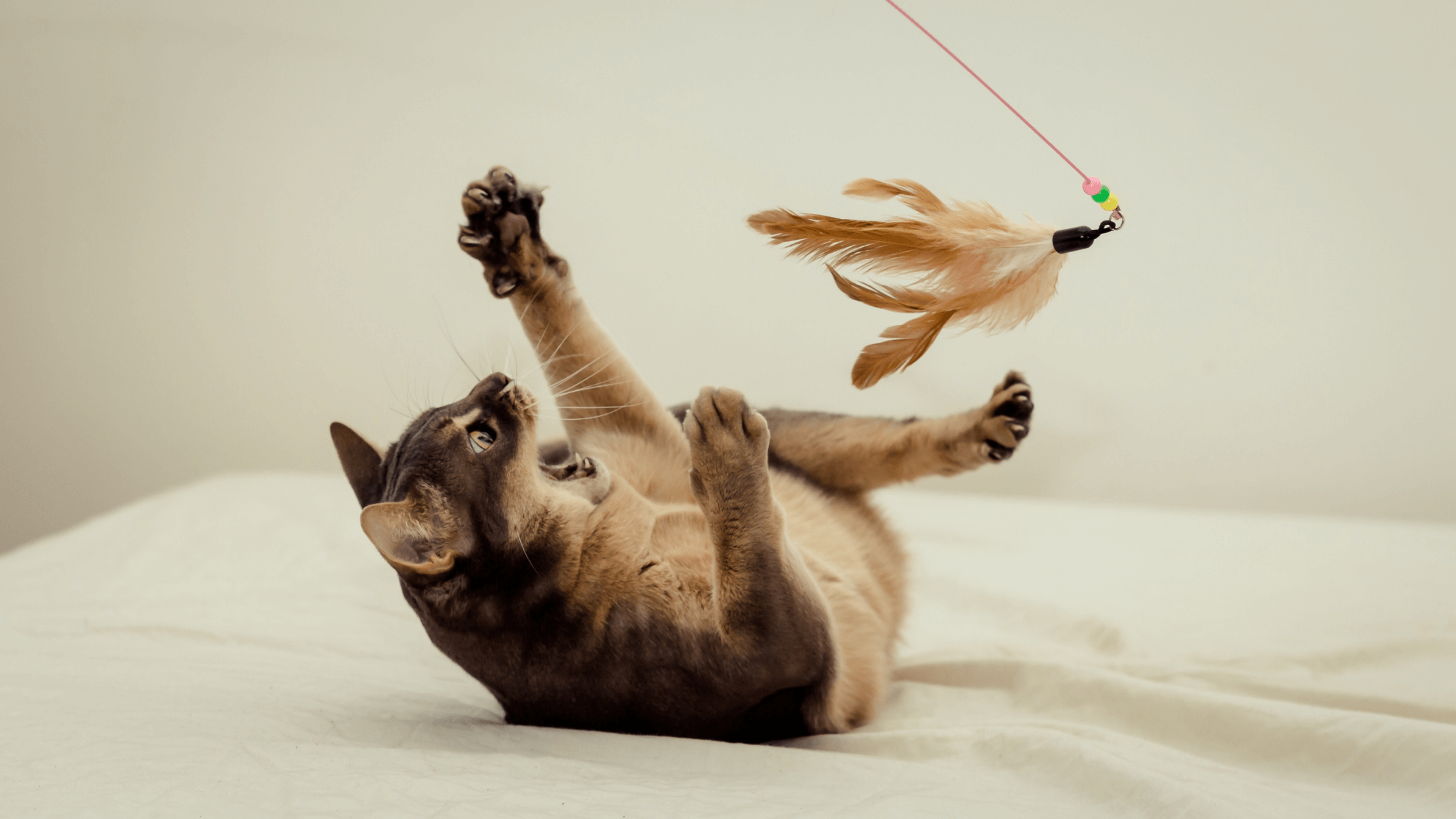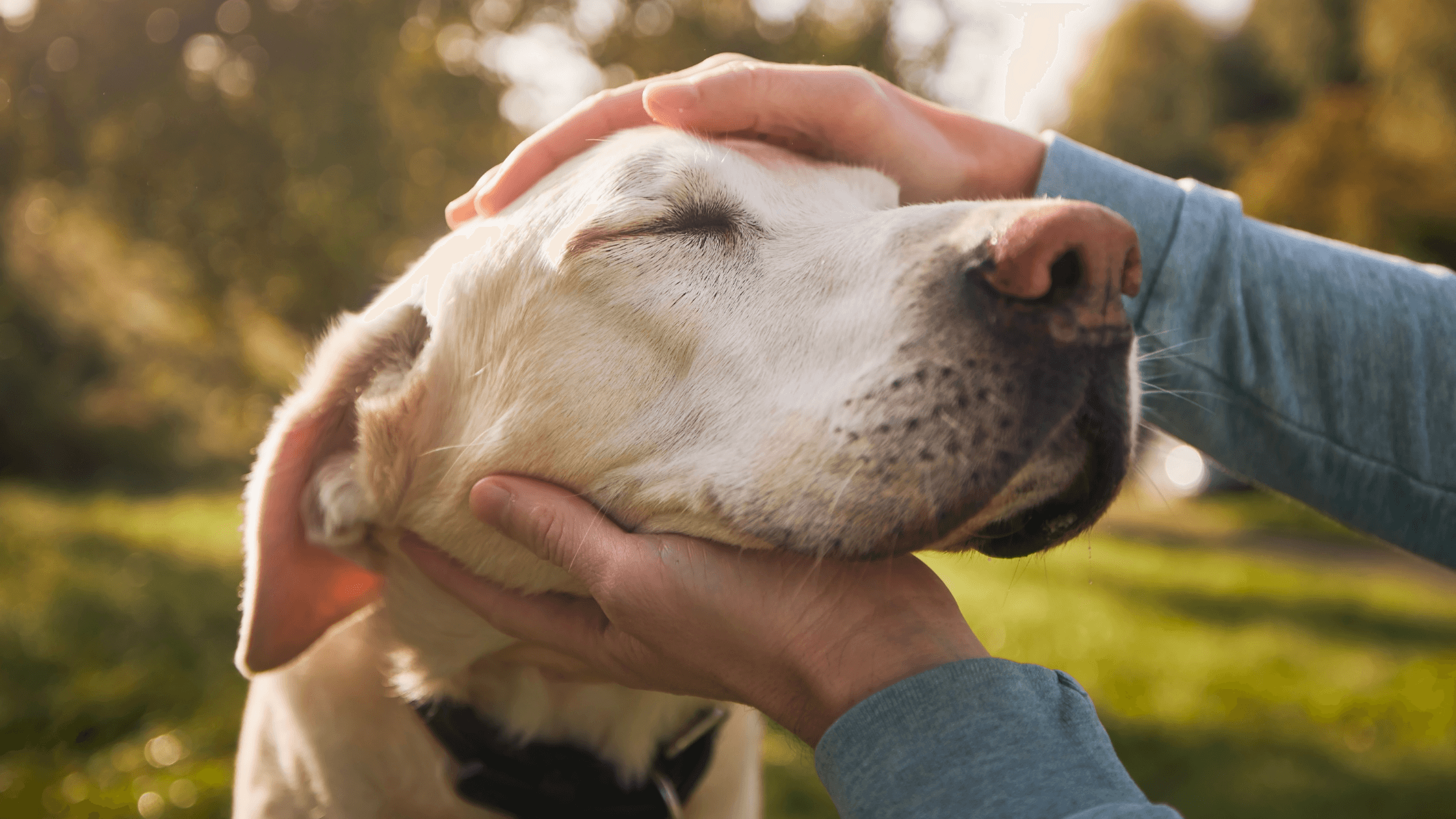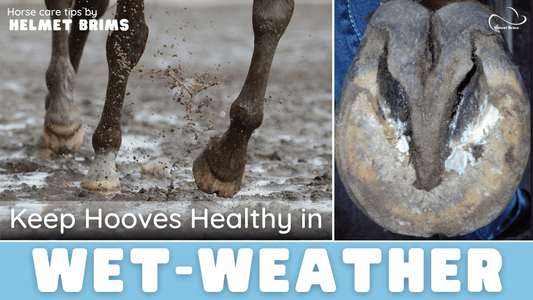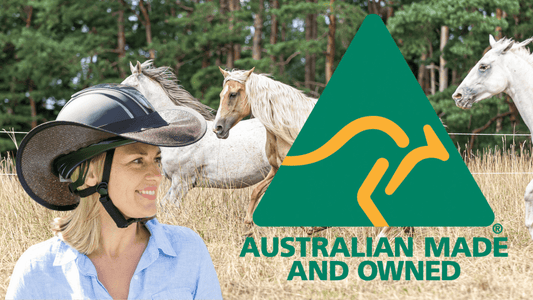How to Take Care of Your Animals
Share
We all know pet care such as baths are important to keep our animals fresh and clean, but did you know the impacts go beyond making them smell nice? In a lot of forms of pet care, there are additional physical and emotional health benefits for your pets (and you), allowing you to strengthen several aspects of both of your lives at once!
There are obviously the basic necessities of pet care, such as giving them nutritious food, clean water and adequate exercise, but we wanted to emphasise the importance of more ‘optional’ types of pet care (which really should be routine).

Play
The first recommended form of extra pet care you should be prioritising is actively playing with them. Depending on the type of pet you have, this could come in many forms, but play has the same deep impacts regardless of if you have anything from a cat to a horse!
First of all, it increases the bond with your pet as well as aiding in their overall behaviour. According to Tracey Kelley from Daily Paws:
“[O]ur pets get a little mischievous because they're bored or have separation anxiety. Structured playtime is the best solution.”
Pets thrive on routine, so scheduling even just fifteen minutes of play when you get home from work should help reduce their stress, increase their behaviour and reinforce your bond. (Not to mention this time will reduce your own stress, help you relax and have a brighter outlook thanks to the stimulation of serotonin and dopamine bonding with your pet provides).
Playing with your pet also has mental benefits for them, stimulating otherwise inactive parts of their brain. If you think about it, laying or grazing all day isn’t very stimulating, so playing games with your pet, or investing in a toy that forces them to focus and problem solve, naturally results in their minds getting sharper, their focus increasing and them being able to rest better afterwards.

Baths
Baths are another great form of quality time (even if sometimes our pets don’t think so). It reinforces their trust in you, and also provides them with several health benefits, depending on the soap you use.
For example, our natural pet soap is a naturally cleansing and deodorising soap that assists with managing insect bites, reduces chronic itching, and removes dirt without harsh drying chemicals. This severely reduces the risk of uncomfortable problems arising, increasing your pet’s overall wellbeing and quality of life. This soap can be used on dogs, cats, rabbits, horses and show cattle with the same benefits for all.
Another benefit in regularly bathing your pets is they do end up also smelling and feeling lovely, so you naturally want to spend more time close to them!
Brushing them regularly is another variation of this form of pet care, keeping their coats soft and detangled and therefore reducing your risk of traumatic tangles. It can also help with their changing coats at different times of the year, making them more comfortable.

Prioritise understanding their emotional wellbeing
This has been a theme throughout this article, but we can’t stress this point enough. Having a happy and healthy pet goes beyond their physical wellbeing, so take the time to understand your pet and their quirks, and make sure you know their triggers for stress and how to best support them.
For example, a common fear in pets are thunderstorms, which, as much as they might hope, you can’t control. What you can control is ensuring they have a space where they feel safe when storms do happen, and that you are there to sit and comfort them through it.
Just like us, our pets have different personalities, likes and dislikes, triggers and mood swings, and it can be very stressful when the people around you don’t understand that. So get to know your pet a bit more, and listen to what they are trying to tell you about them. The impacts for doing this will be endless for the both of you.
EXTRA TIP: If you have a horse, we highly recommend reading 5 Ways to Understand Your Horse Better to learn some of the most common things you need to keep in mind when trying to understand your horse.





